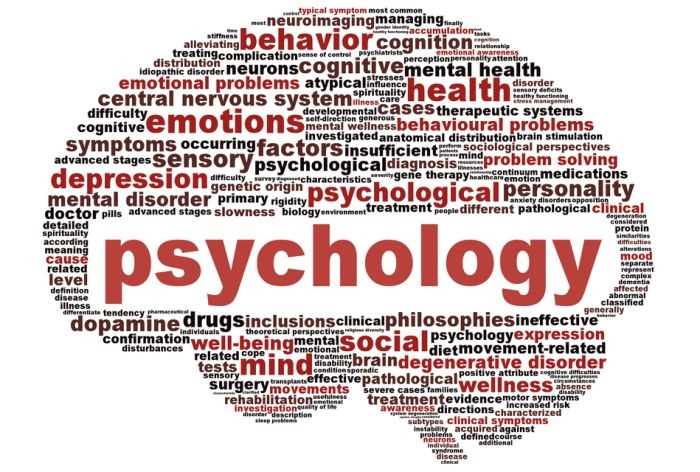
Psychology is the scientific study of the processes and behavior of the human mind. It seeks to understand how individuals think, feel, and act, and explores the intricate workings of the human psyche. With its roots in philosophy and biology, psychology has evolved into a distinct field of study that combines empirical research with theoretical frameworks.
One of the challenges in defining psychology lies in its vast scope and diverse areas of focus. While some psychologists specialize in studying mental disorders and abnormal behavior, others delve into the realms of cognition, perception, and social interactions. Psychology encompasses both the study of individual behavior and the exploration of collective phenomena, such as group dynamics and cultural influences.
At its core, psychology aims to unravel the mysteries of the human mind. It seeks to answer fundamental questions about what drives human behavior, how experiences shape our thoughts and emotions, and how we can improve our mental well-being. By employing rigorous scientific methods, psychologists gather data and analyze it to develop theories and models that explain and predict human behavior.
The Basics of Psychology
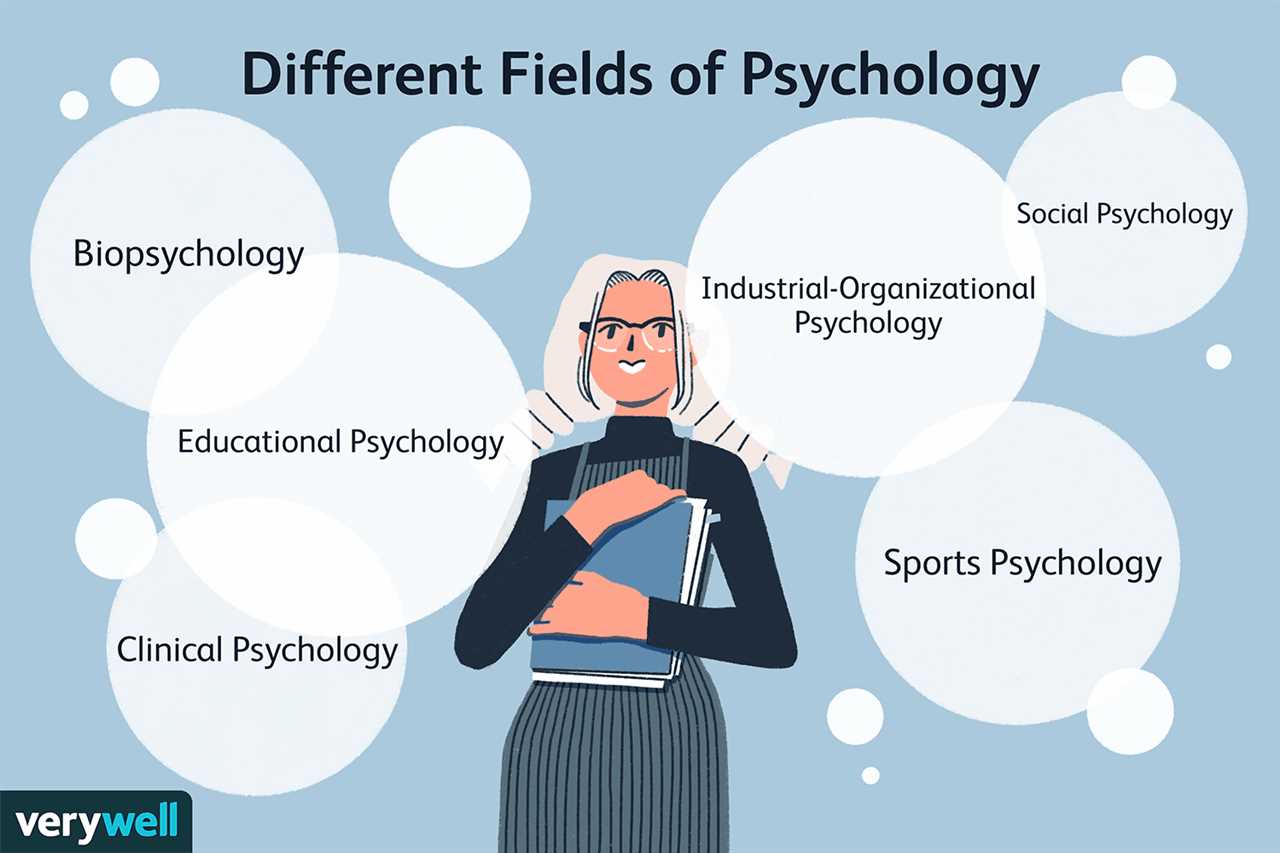
Psychology is the scientific study of the human mind and its processes. It is a field that seeks to understand and explain human behavior, thoughts, emotions, and motivations. Psychologists use various methods and theories to explore and analyze the complexities of the mind and its impact on behavior.
One of the key aspects of psychology is its focus on understanding human behavior. This includes examining why people act the way they do and how their thoughts and emotions influence their actions. By studying behavior, psychologists can gain insights into the underlying processes that drive human actions.
Psychology also involves the study of the mind and its processes. This includes examining cognitive processes such as perception, memory, learning, and problem-solving. Psychologists seek to understand how these processes work and how they influence behavior and decision-making.
Another important aspect of psychology is its emphasis on the scientific method. Psychologists conduct research using systematic and objective methods to gather data and test hypotheses. This scientific approach allows psychologists to make evidence-based conclusions about human behavior and the mind.
In summary, psychology is the scientific study of the human mind and its processes. It seeks to understand and explain human behavior through the examination of thoughts, emotions, and motivations. By using the scientific method, psychologists gain insights into the complexities of the mind and its impact on behavior.
Understanding the Human Mind
The human mind is a complex system that encompasses a wide range of processes and functions. Psychology, as a scientific study, aims to understand and explain the workings of the human mind and its influence on behavior.
Psychology examines the mental processes that occur within the mind, such as perception, memory, thinking, and emotion. These processes are crucial in shaping human behavior and determining how individuals interact with the world around them.
Through the study of psychology, researchers seek to uncover the underlying mechanisms that drive human behavior. By gaining a deeper understanding of these processes, psychologists can provide insights into various aspects of human life, including relationships, learning, motivation, and mental health.
Psychology is a scientific discipline that relies on empirical evidence and rigorous research methods to explore the complexities of the human mind. Through systematic observation, experimentation, and analysis, psychologists strive to uncover the underlying principles that govern human behavior and thought processes.
By understanding the human mind, psychology offers valuable insights into various aspects of human behavior. It provides a framework for understanding how individuals perceive the world, make decisions, and interact with others. This knowledge can be applied in various fields, including therapy, education, business, and social policy, to improve the well-being and quality of life for individuals and society as a whole.
Exploring Behavior and Mental Processes
Psychology is the scientific study of human behavior and mental processes. It involves examining how individuals think, feel, and behave, as well as understanding the underlying processes that drive these actions. By exploring behavior and mental processes, psychology seeks to uncover the complexities of the human mind.
Behavior refers to any observable action or reaction that can be measured or recorded. It includes both overt actions, such as talking or walking, as well as covert actions, such as thoughts or emotions. Psychology aims to understand the causes and consequences of behavior, and how it can be influenced by various factors.
Mental processes encompass the internal activities of the mind, including perception, memory, thinking, and problem-solving. These processes are not directly observable but can be inferred through behavior and self-report measures. Psychology investigates the cognitive processes that shape our thoughts and guide our actions.
Psychology is a multidisciplinary field that draws on various theories, methodologies, and approaches to understand and explain human behavior and mental processes. It incorporates elements from biology, sociology, philosophy, and other disciplines to provide a comprehensive understanding of the complexities of the human mind.
Overall, psychology seeks to uncover the underlying mechanisms that drive human behavior and mental processes. Through rigorous scientific inquiry, psychologists aim to enhance our understanding of the mind and improve the quality of human life.
The Various Perspectives in Psychology
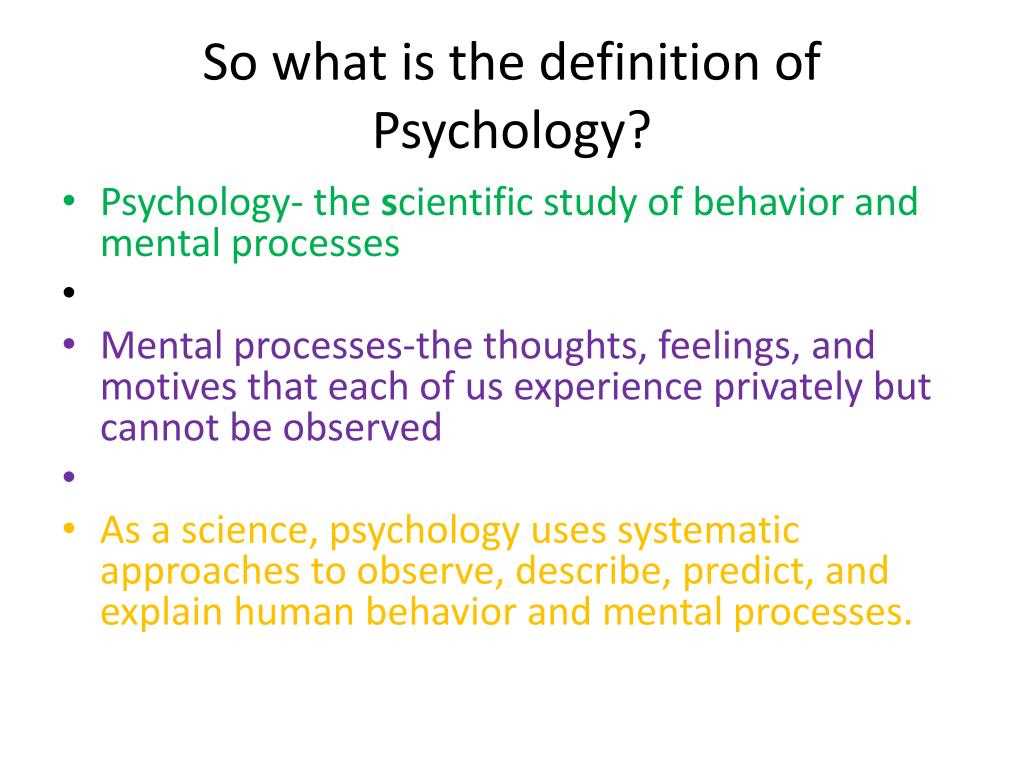
Psychology is the scientific study of human behavior and the processes of the mind. It encompasses a wide range of perspectives that help us understand and explain different aspects of human behavior and mental processes. These perspectives provide different frameworks and lenses through which psychologists approach the study of human behavior.
- Biological Perspective: This perspective focuses on how biological factors, such as genetics, hormones, and the nervous system, influence behavior and mental processes.
- Cognitive Perspective: This perspective examines how mental processes, such as perception, memory, and thinking, affect behavior and mental health.
- Behavioral Perspective: This perspective emphasizes the role of external stimuli and observable behavior in shaping human behavior and mental processes.
- Social-Cultural Perspective: This perspective explores how social and cultural factors, such as upbringing, social norms, and cultural values, influence behavior and mental processes.
- Psychodynamic Perspective: This perspective focuses on unconscious drives and conflicts, as well as childhood experiences, in shaping behavior and mental processes.
- Humanistic Perspective: This perspective emphasizes individual growth, self-actualization, and personal experiences in understanding behavior and mental processes.
Each perspective offers unique insights into the complexities of human behavior and mental processes. By considering these various perspectives, psychologists can develop a more comprehensive understanding of the human mind and behavior.
Behavioral Perspective: Focusing on Observable Actions
The behavioral perspective in psychology is a scientific approach that focuses on observable actions and behaviors rather than the mind and mental processes. It emphasizes the study of human behavior as a response to stimuli in the environment.
This perspective is based on the belief that behavior can be explained through conditioning and learning, and that it is influenced by the environment and external factors. It rejects the idea of studying the mind and internal mental processes, as these cannot be directly observed or measured.
Psychologists who adopt the behavioral perspective use various methods to study behavior, such as experiments, observations, and behavioral assessments. They analyze how individuals respond to different stimuli and how their behavior can be influenced and changed through reinforcement, punishment, and other conditioning techniques.
The behavioral perspective has been influential in many areas of psychology, including clinical psychology, educational psychology, and organizational psychology. It has provided valuable insights into how behavior can be modified and shaped, and has been used to develop effective interventions and treatments for a variety of behavioral and psychological disorders.
In conclusion, the behavioral perspective in psychology focuses on observable actions and behaviors, rather than the mind and mental processes. It is a scientific approach that emphasizes the study of human behavior as a response to stimuli in the environment. By understanding how behavior can be influenced and changed, psychologists can help individuals improve their lives and well-being.
Cognitive Perspective: Exploring Mental Processes and Information Processing
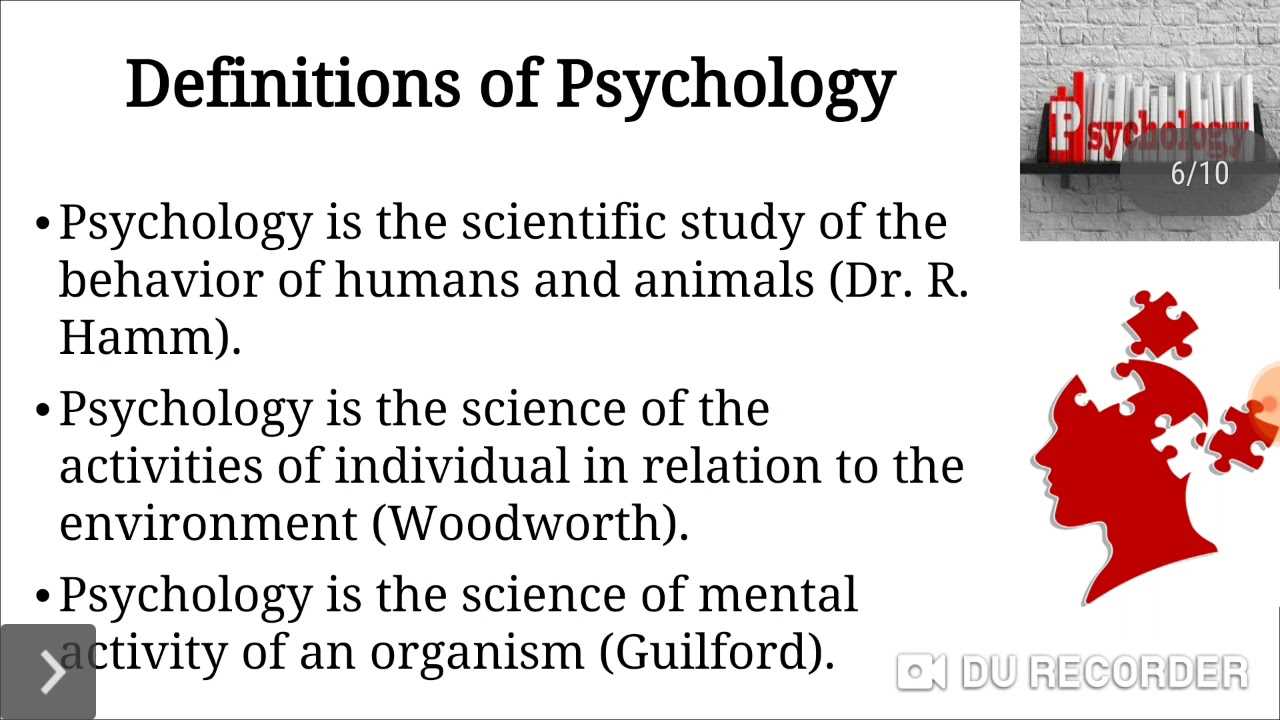
The cognitive perspective is a branch of psychology that focuses on the mental processes and information processing involved in human behavior. It seeks to understand how people perceive, think, remember, and solve problems.
According to this perspective, the mind is like a computer, processing information and making sense of the world. It is interested in studying the various mental processes that occur within the human mind, such as attention, memory, perception, language, and problem-solving.
One of the key aspects of the cognitive perspective is its emphasis on the scientific study of the mind. Psychologists who adopt this perspective use rigorous scientific methods to gather data and test hypotheses about mental processes.
By studying mental processes, psychologists gain insights into why people behave the way they do. For example, by understanding how people perceive and interpret information, psychologists can better understand why certain behaviors occur or why people may have different reactions to the same situation.
The cognitive perspective also recognizes that the mind is not a passive receiver of information but an active processor. It considers how people use their previous experiences and knowledge to interpret and make sense of new information.
In summary, the cognitive perspective in psychology explores the mental processes and information processing involved in human behavior. It is a scientific approach that seeks to understand how people perceive, think, remember, and solve problems. By studying the mind, psychologists gain valuable insights into human behavior and the complexities of the human mind.
Biological Perspective: Examining the Role of Biology and Genetics
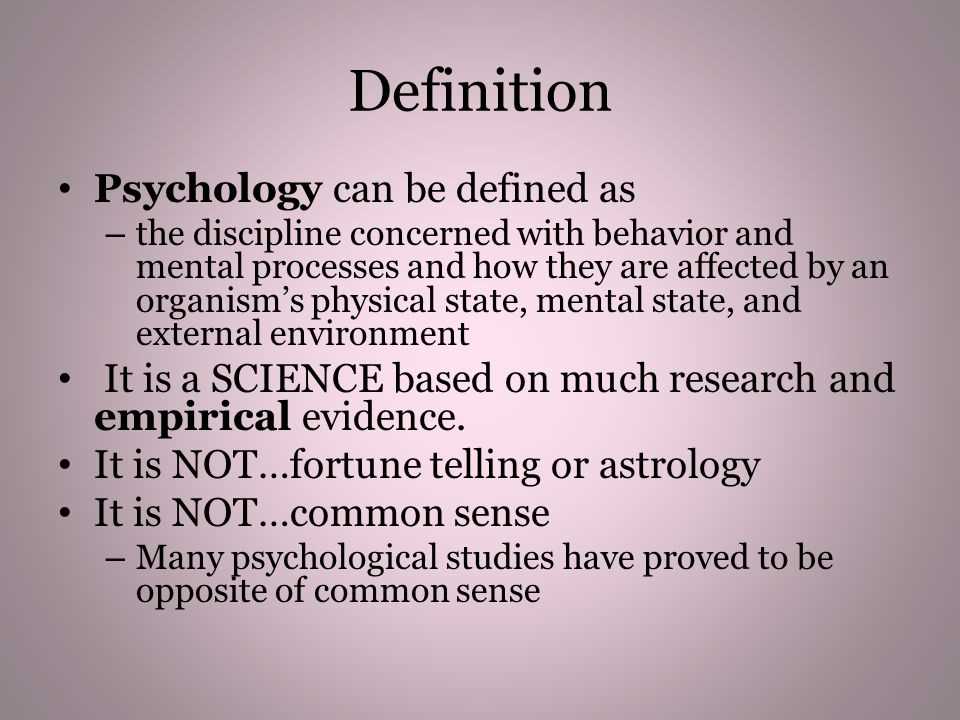
The biological perspective in psychology is a scientific approach that focuses on examining the role of biology and genetics in human mental processes and behavior. It seeks to understand how biological factors, such as genes, hormones, and brain structure, influence and interact with the mind and behavior.
Psychology, as a field, aims to study and understand the human mind and behavior. The biological perspective recognizes that the mind and behavior are not solely influenced by environmental and social factors but also by biological processes. It emphasizes the importance of genetics and biology in shaping individual differences in cognition, emotions, and behavior.
One key aspect of the biological perspective is the study of genes and how they influence psychological traits and behaviors. Genes are segments of DNA that contain instructions for the development and functioning of an organism. They play a crucial role in determining various aspects of human psychology, including intelligence, personality, and susceptibility to mental disorders.
The biological perspective also investigates the role of hormones in psychology. Hormones are chemical messengers that regulate various bodily functions and behaviors. They can influence mood, stress response, and even social behavior. For example, the hormone oxytocin has been linked to bonding and attachment, while cortisol is associated with stress and anxiety.
Another important focus of the biological perspective is the study of brain structure and function. The brain is the central organ of the nervous system and plays a vital role in cognition, emotions, and behavior. By examining brain structure and activity, researchers can gain insights into how specific regions of the brain are involved in different psychological processes.
In conclusion, the biological perspective in psychology examines the role of biology and genetics in shaping human mental processes and behavior. It recognizes that biological factors, such as genes, hormones, and brain structure, interact with the mind to influence various aspects of psychology. This scientific approach contributes to a comprehensive understanding of human psychology and provides valuable insights into individual differences and the development of psychological disorders.
The Importance of Psychology in Everyday Life

Psychology is a scientific study of the mind and behavior. It focuses on understanding the mental processes of human beings and how they influence behavior. Psychology plays a crucial role in our everyday lives, impacting various aspects of our existence.
- Self-awareness: Psychology helps individuals gain a better understanding of themselves. By studying their thoughts, emotions, and behaviors, people can develop self-awareness and make positive changes in their lives. This self-reflection can lead to personal growth and improved relationships.
- Problem-solving: Psychology equips individuals with problem-solving skills. By understanding the underlying causes of issues and applying relevant psychological principles, people can find effective solutions to their problems. This can be particularly useful in areas such as relationships, work, and decision-making.
- Mental health: Psychology plays a vital role in the field of mental health. It helps identify and treat various mental disorders, such as depression, anxiety, and schizophrenia. Psychology interventions, such as therapy and counseling, can significantly improve an individual’s well-being and quality of life.
- Understanding others: Psychology enables individuals to better understand the thoughts, feelings, and behaviors of others. This understanding can enhance empathy, communication, and relationships. It also helps in resolving conflicts and building a harmonious society.
- Education and learning: Psychology provides insights into how people learn and retain information. By understanding different learning styles and cognitive processes, educators can develop effective teaching strategies. Psychology also helps in motivating and engaging students, leading to improved educational outcomes.
In conclusion, psychology is a vital field that impacts our everyday lives in numerous ways. It helps us understand ourselves and others, solve problems, maintain good mental health, and promote personal and societal well-being. By studying the scientific processes of the mind and behavior, psychology provides valuable knowledge and tools for navigating the complexities of life.
Improving Mental Health and Well-being
Psychology is the scientific study of the mind and behavior, and it plays a crucial role in improving mental health and well-being. By understanding the processes that govern human thoughts, emotions, and actions, psychologists can help individuals overcome challenges and lead fulfilling lives.
Mental health is a vital aspect of overall well-being, and psychology provides valuable insights into maintaining and improving it. Through various therapeutic approaches, psychologists can help individuals identify and address issues that may be affecting their mental health. They may use techniques such as cognitive-behavioral therapy to help individuals change negative thought patterns and develop healthier coping strategies.
Psychologists also play a significant role in promoting well-being by conducting research and developing interventions that target specific mental health issues. They may study the effects of stress on mental health or explore the impact of social factors on well-being. This research helps inform evidence-based practices that can be used to support individuals in improving their mental health.
Additionally, psychology contributes to the understanding and treatment of mental illnesses. By studying the underlying causes and mechanisms of disorders such as depression, anxiety, and schizophrenia, psychologists can develop effective interventions and treatment plans. They work closely with individuals to provide support, guidance, and evidence-based therapies to manage and alleviate symptoms.
Overall, psychology is a valuable field that plays a crucial role in improving mental health and well-being. Through scientific study and therapeutic interventions, psychologists help individuals understand and overcome challenges, develop healthier coping mechanisms, and lead fulfilling lives.
Enhancing Communication and Relationships

Psychology is the scientific study of behavior and mental processes. One of the key areas of focus in psychology is enhancing communication and relationships. Understanding how individuals communicate and interact with one another is crucial for building healthy and meaningful relationships.
Psychologists study various aspects of communication, including verbal and nonverbal cues, listening skills, and the impact of different communication styles. By understanding these factors, individuals can improve their communication skills and develop stronger connections with others.
Psychology also explores the role of emotions in communication and relationships. Emotions can heavily influence how individuals communicate and relate to one another. By understanding and managing emotions effectively, individuals can enhance their ability to express themselves and understand others.
Furthermore, psychology delves into the dynamics of relationships, including romantic partnerships, friendships, and family relationships. It examines the factors that contribute to relationship satisfaction and longevity, such as trust, communication, and conflict resolution skills.
Overall, psychology provides valuable insights into the complexities of human communication and relationships. By applying the principles and knowledge gained from the study of psychology, individuals can enhance their communication skills, foster healthy relationships, and create a more fulfilling social environment.
Applying Psychological Principles in Education and Work
Psychology, as a scientific study of the mind and behavior, plays a significant role in shaping educational and work environments. By understanding the mental processes and behaviors of individuals, psychological principles can be applied to enhance learning and productivity.
In the field of education, psychology provides valuable insights into how students learn and retain information. By understanding cognitive processes such as memory, attention, and problem-solving, educators can develop effective teaching strategies that cater to individual learning styles. Additionally, psychological principles can be applied to create a positive and inclusive classroom environment, promoting student engagement and motivation.
Psychology also has a profound impact on the workplace. By applying principles of organizational psychology, employers can create a work environment that fosters employee satisfaction and productivity. Understanding factors such as motivation, leadership, and teamwork can help managers optimize the performance of their teams. Moreover, psychological principles can be utilized in the hiring process to assess candidates’ skills, personality traits, and fit within the organization.
Overall, the application of psychological principles in education and work is essential for creating environments that support optimal learning and performance. By utilizing the knowledge gained from the study of psychology, educators and employers can enhance the well-being and success of individuals in these settings.

I am Patrina de Silva, a psychologist and mental health blogger in Sri Lanka. After obtaining psychology degrees from the University of Colombo and Monash University, I returned home to work as a counselor while also starting the popular blog “Pressy but Happy” to provide advice on psychological issues. Over the past decade, my empathetic articles have made my blog a leading mental health resource in the country. In addition to writing, I maintain a private therapy practice, frequently volunteer counseling time, and conduct seminars, driven by my passion for destigmatizing mental illness and educating the public on the mind-body connection. I strive to be an influential voice in my field through my compassionate approach.
